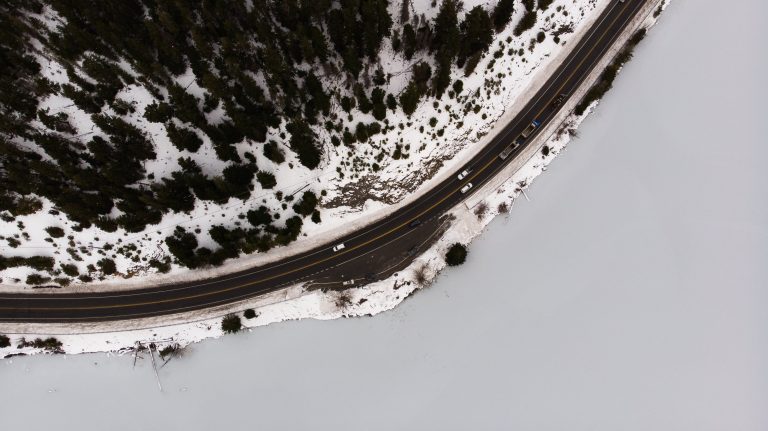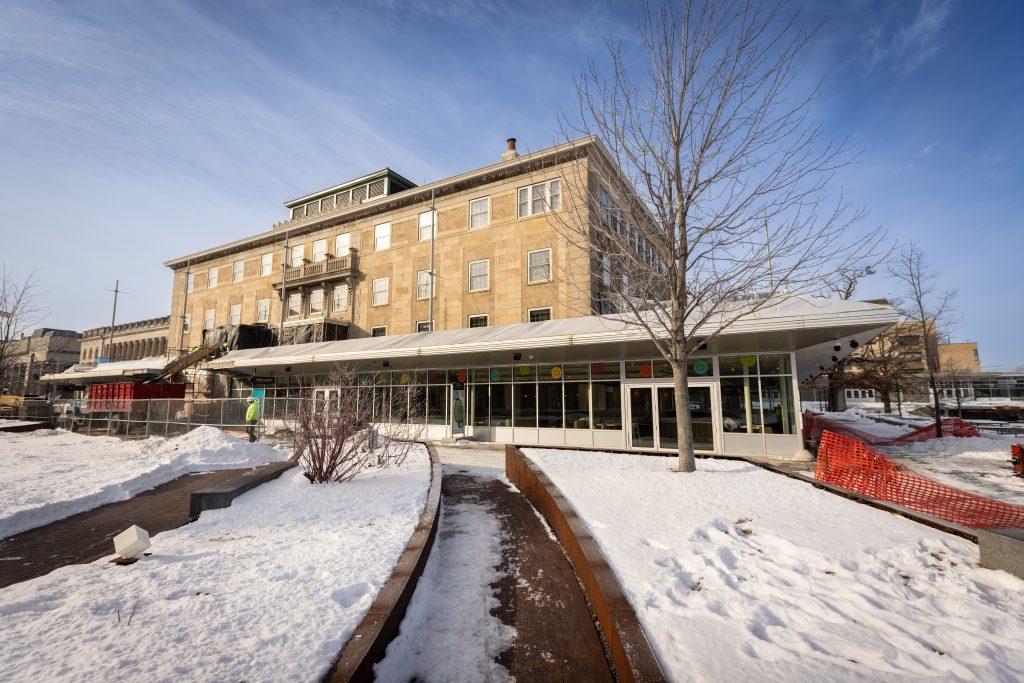Reminders for a safe winter on the job site
Even though it doesn’t seem like a typical Wisconsin winter yet with hardly any snow in December, here are a few reminders to think about before things get too slick.
1. Prepare for Winter Driving
During the first big snowfall of the season, it is an understanding that everyone is relearning how to drive for the conditions. Plan ahead and accordingly for the conditions. Pay attention to the weather, leave the house a little earlier on snowy days and take your time coming to work to avoid accidents.
Ideally, we plan for the worst and hope for the best. If you don’t already have an emergency kit in your vehicle for the winter you can put one together easily with items you already have such as extra warm clothing, a flashlight, batteries, a first aid kit, blanket, and a few snacks/drinks just in case.
Being a safe driver also means paying close attention to cars around you and giving adequate space in case of slick spots or during periods of low visibility.

2. Stay Hydrated
3. Nighttime Plowing
As you’re out plowing at work, at home, or operating equipment be careful getting in and out. Steps get slippery and you may be parking in areas that have not been cleaned off yet or are icy. Use three points of contact, clean off your boots so the cab doesn’t turn into an ice rink overnight and clean off the steps or contact points you’re going to be using regularly to get in and out of the cab.

4. Jobsite Heaters
When the temps drop, we generally start to see temp heating on jobsites more and more. Anytime we’re using direct flame heaters there are a few things that we need to think about.
First, the fire hazard. If we can avoid keeping them on overnight by having someone come in earlier to start things up for the day and get it up to a temperature for different processes or applications that is preferred. Some facilities may require a fire watch to be done by their maintenance staff periodically throughout the night though.
Second, carbon monoxide can be an issue with any flammable being used for heat including propane, gas, diesel, and kerosene. CO monitors should be used in these spaces to ensure that the oxygen content is appropriate for everyone working in the space. If you start feeling sick, dizzy, nausea or having trouble comprehending normal tasks we need to test the area that we’re working in and remove everyone from the area until we can figure out what’s going on.

5. Ice, Ice, Ice
At the office or on the jobsite if we can put salt down in slick areas do so. Don’t wait for someone else to do it. If you see an issue, fix it. On new concrete we cannot put salt down because it will start to pit but we can use sand, oil dry or cat litter to help create a better walking surface.
Winters in the Midwest can be long, and staying vigilant with these practices is important to maintain a safe working environment. Stay safe at work so you can go home and enjoy all your favorite winter activities with your friends and family!

Meet the Author
Logan Szopinski
Safety Manager